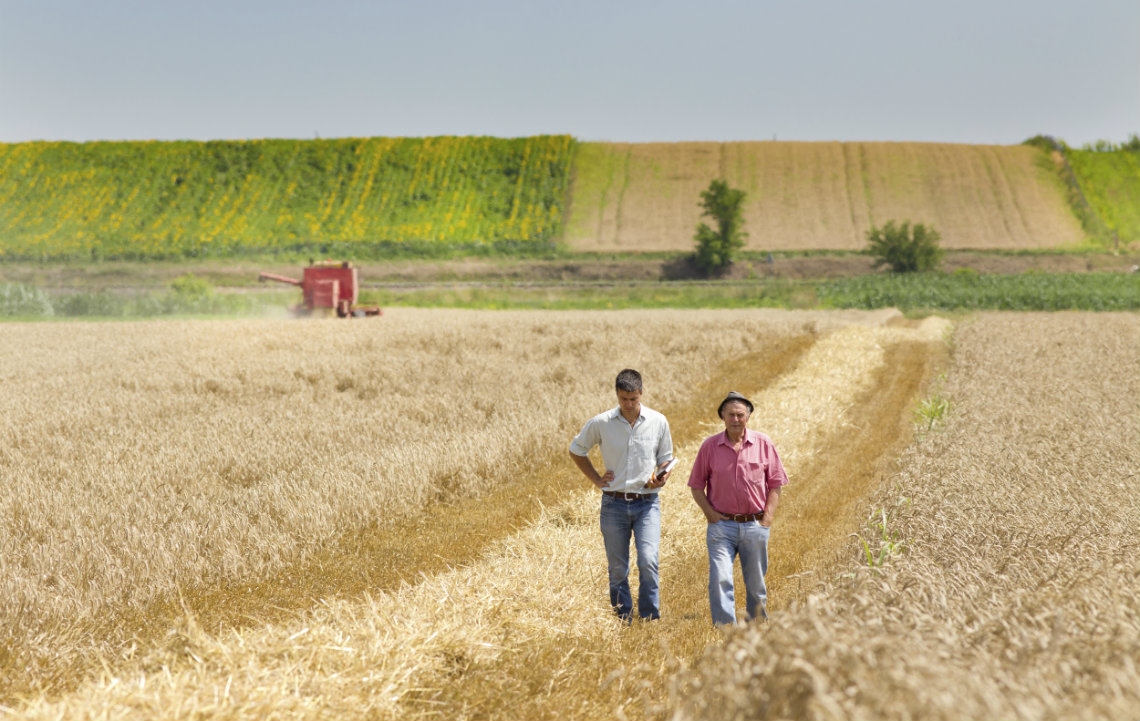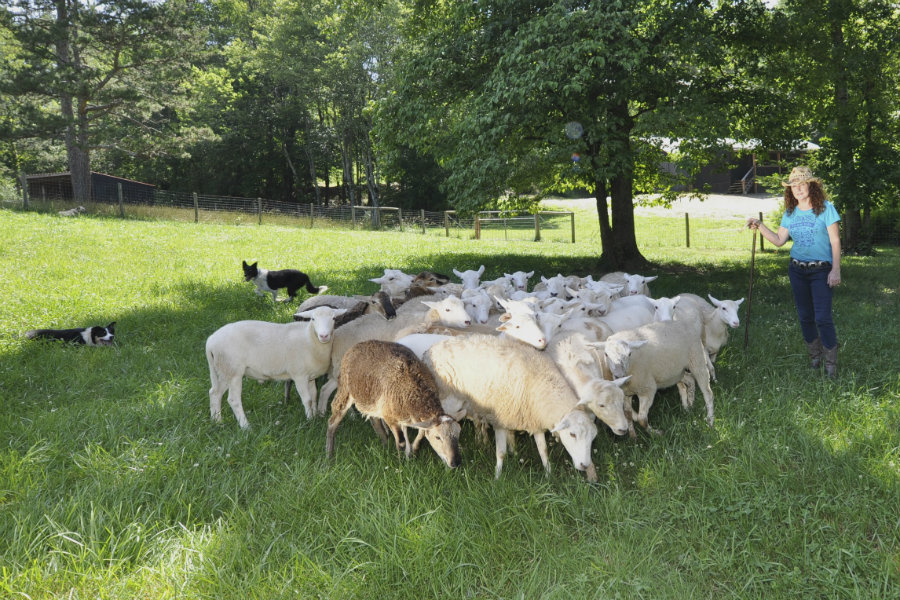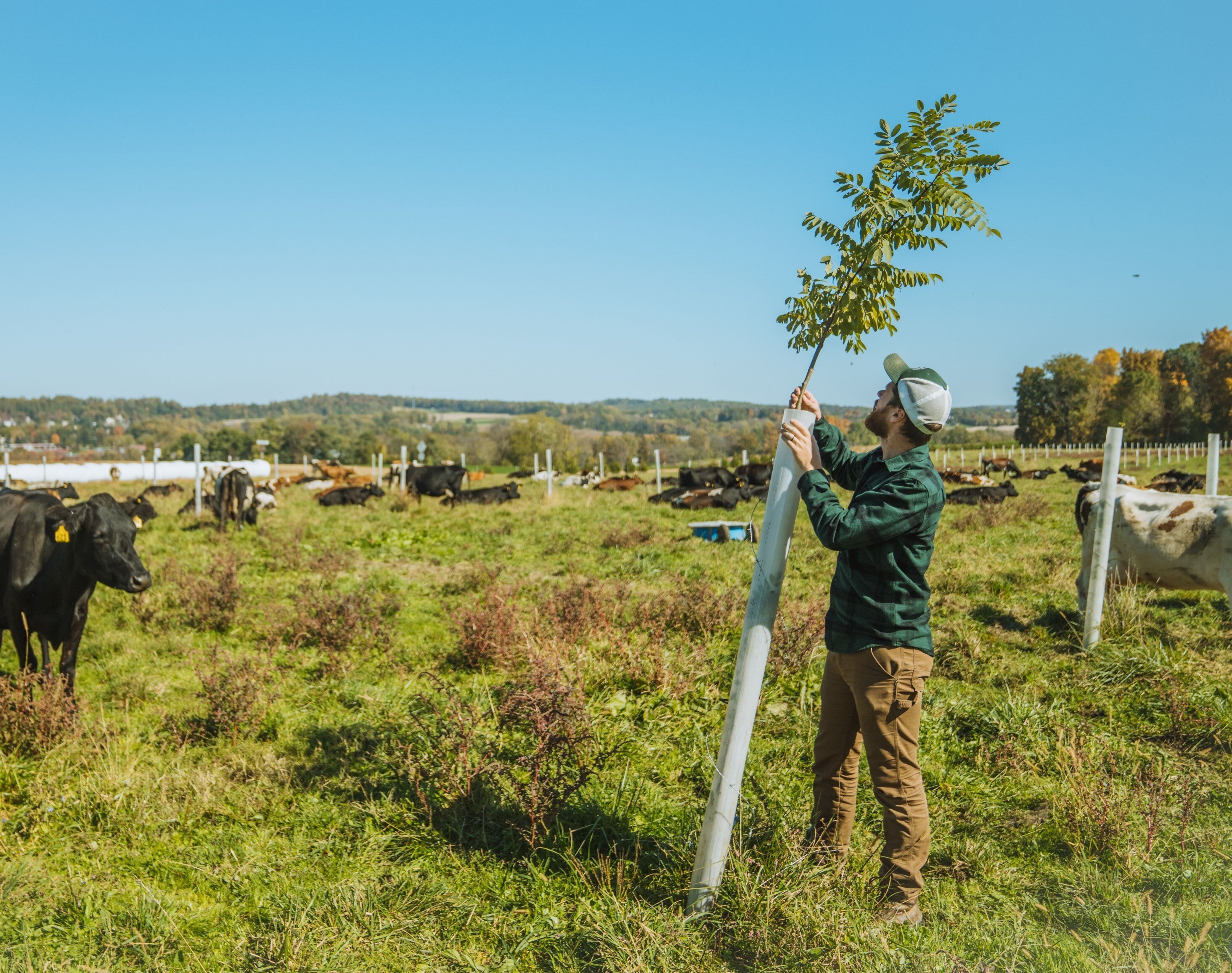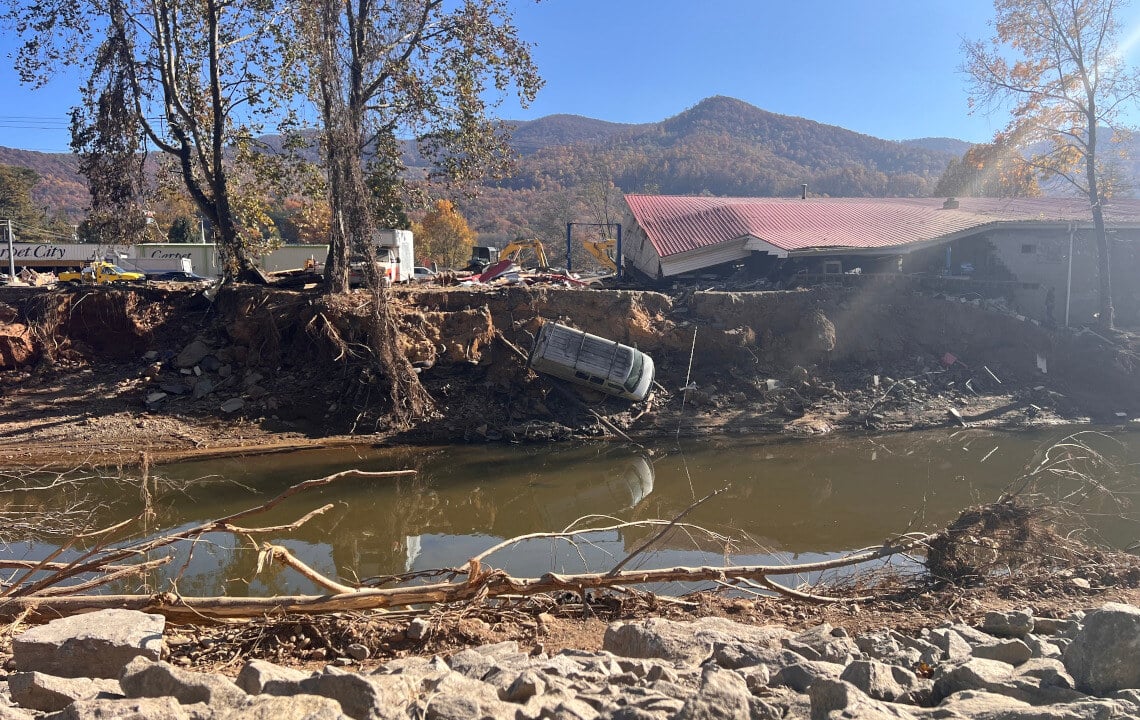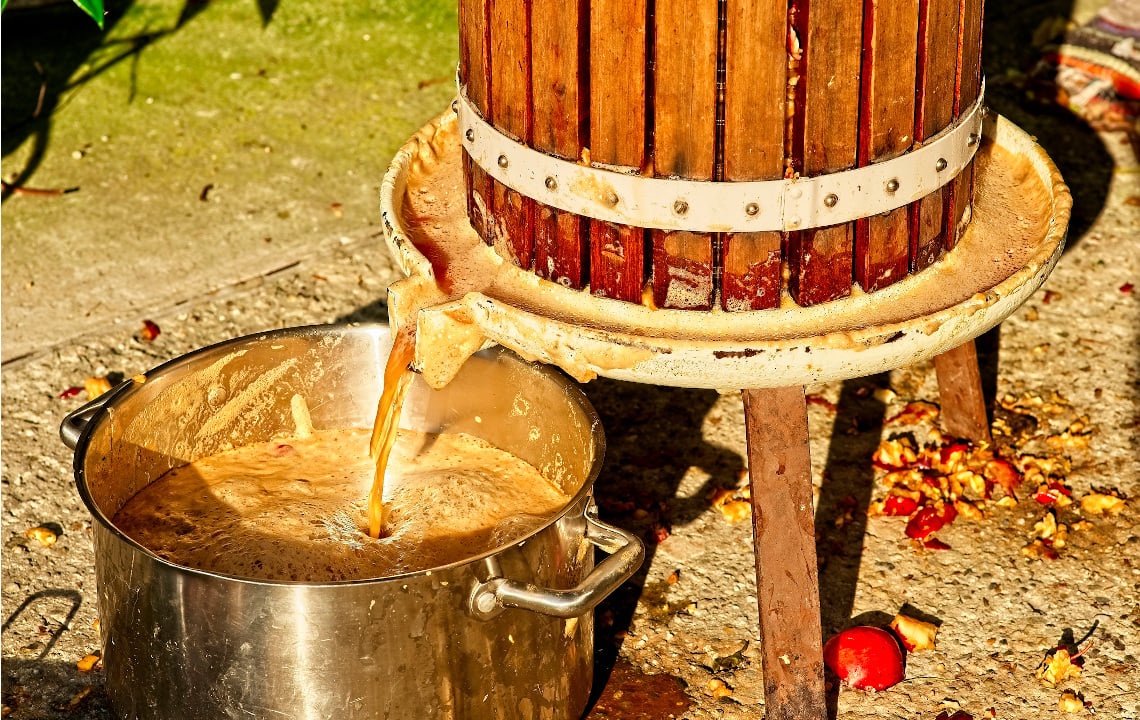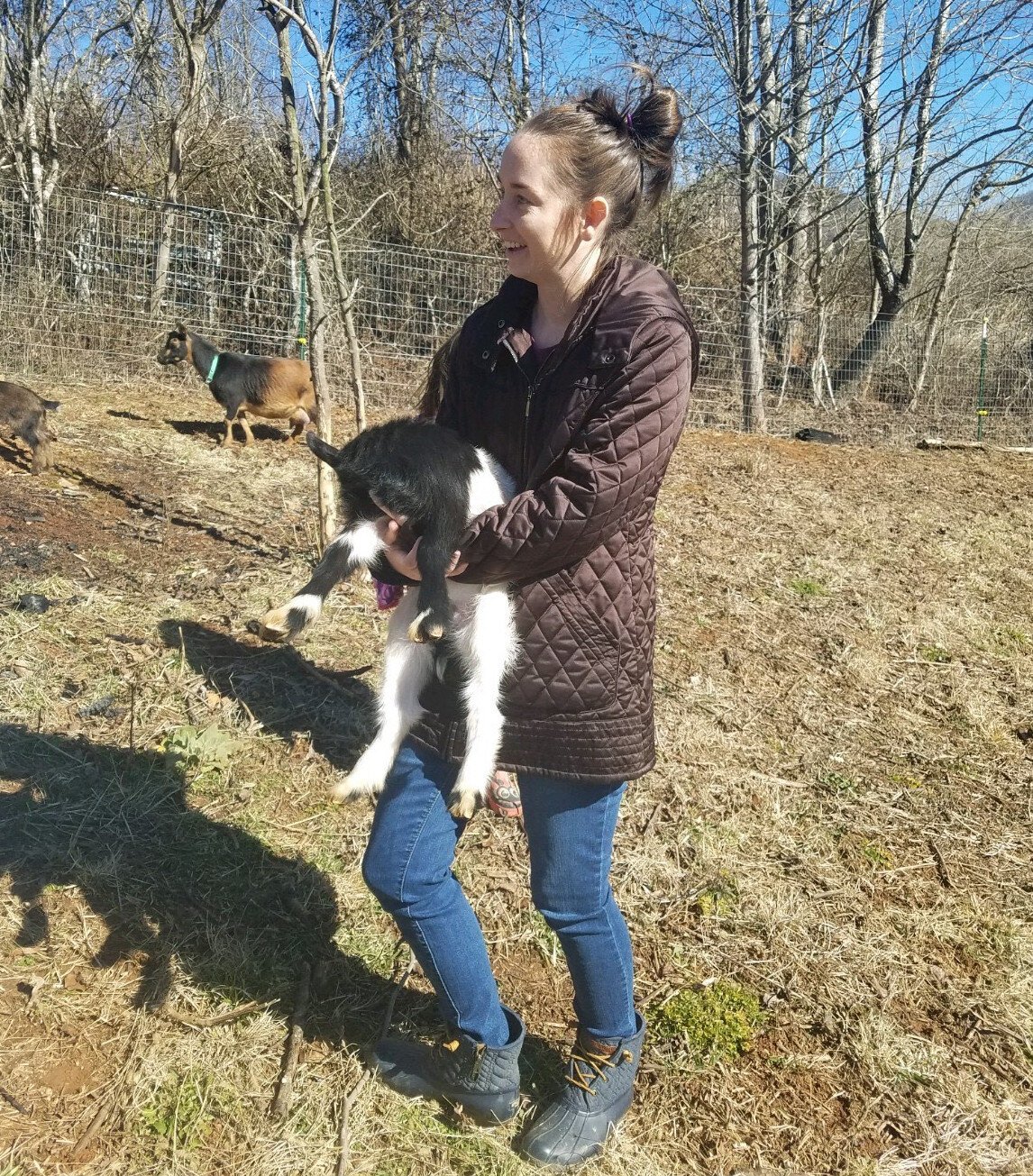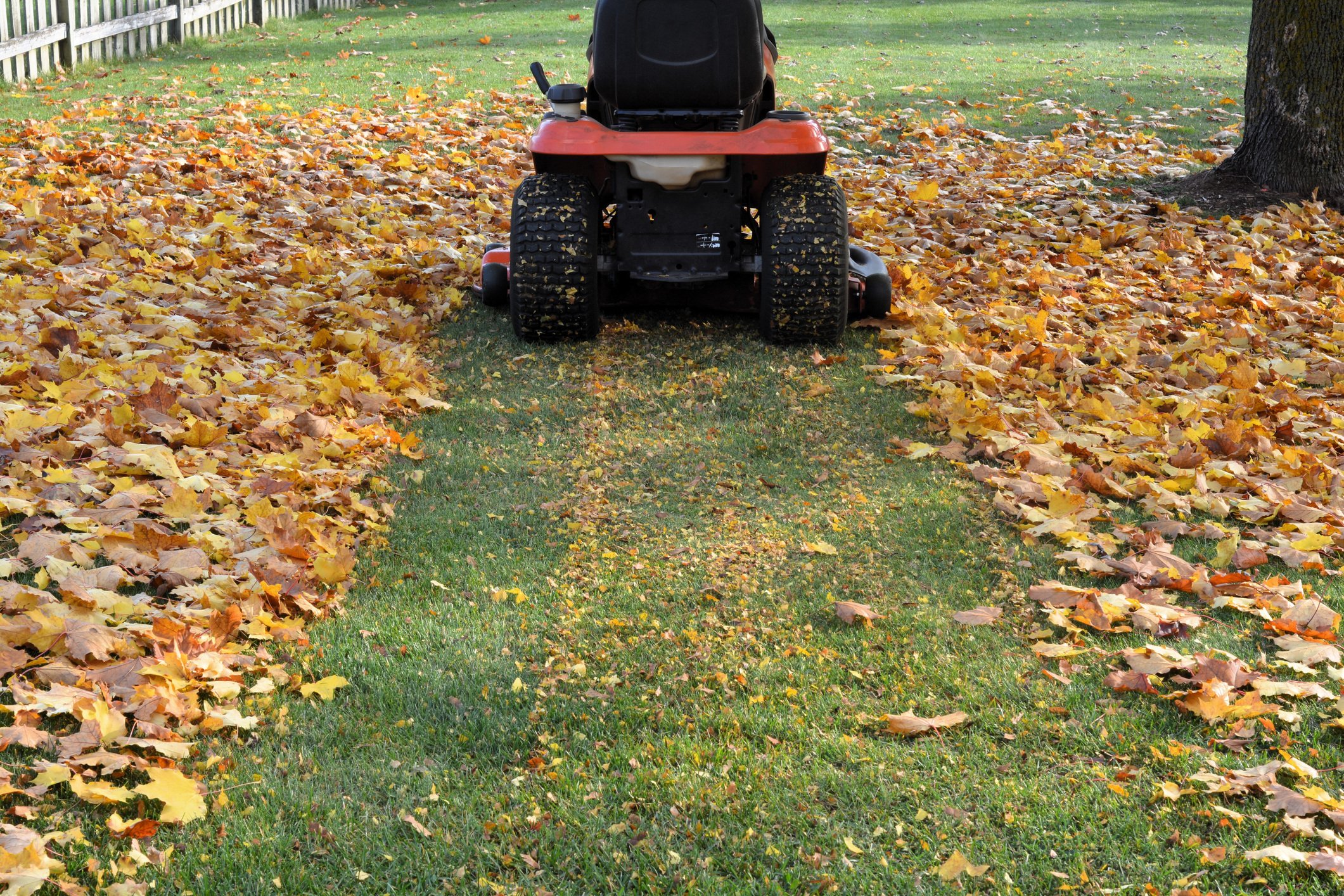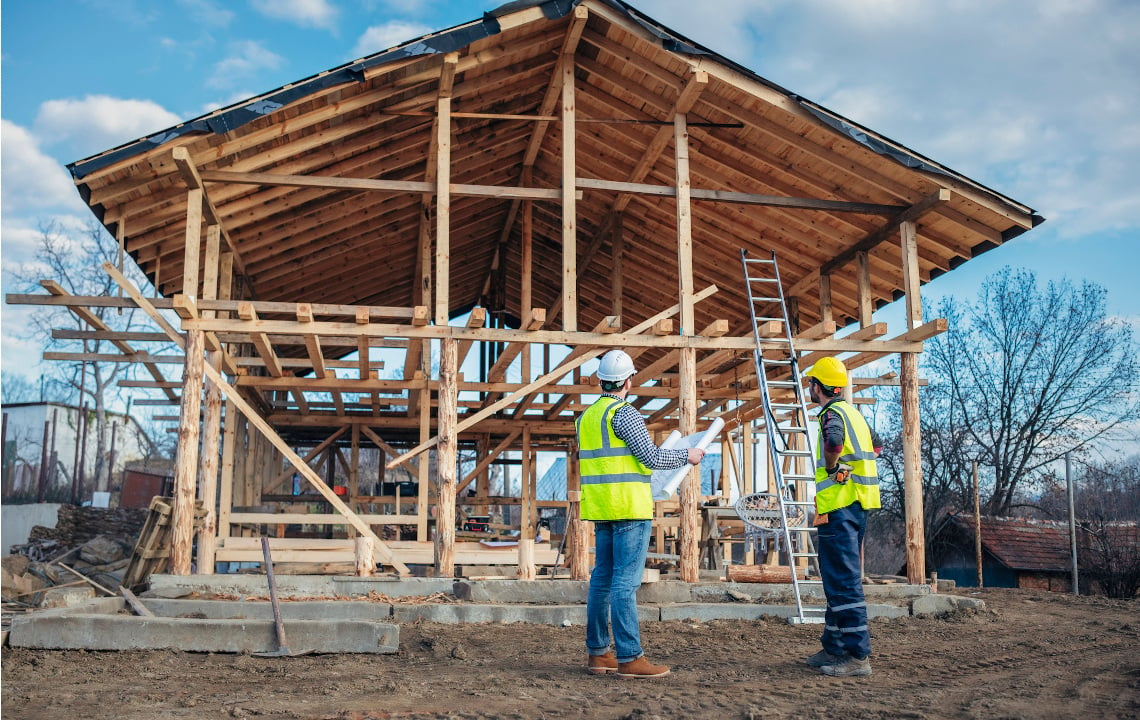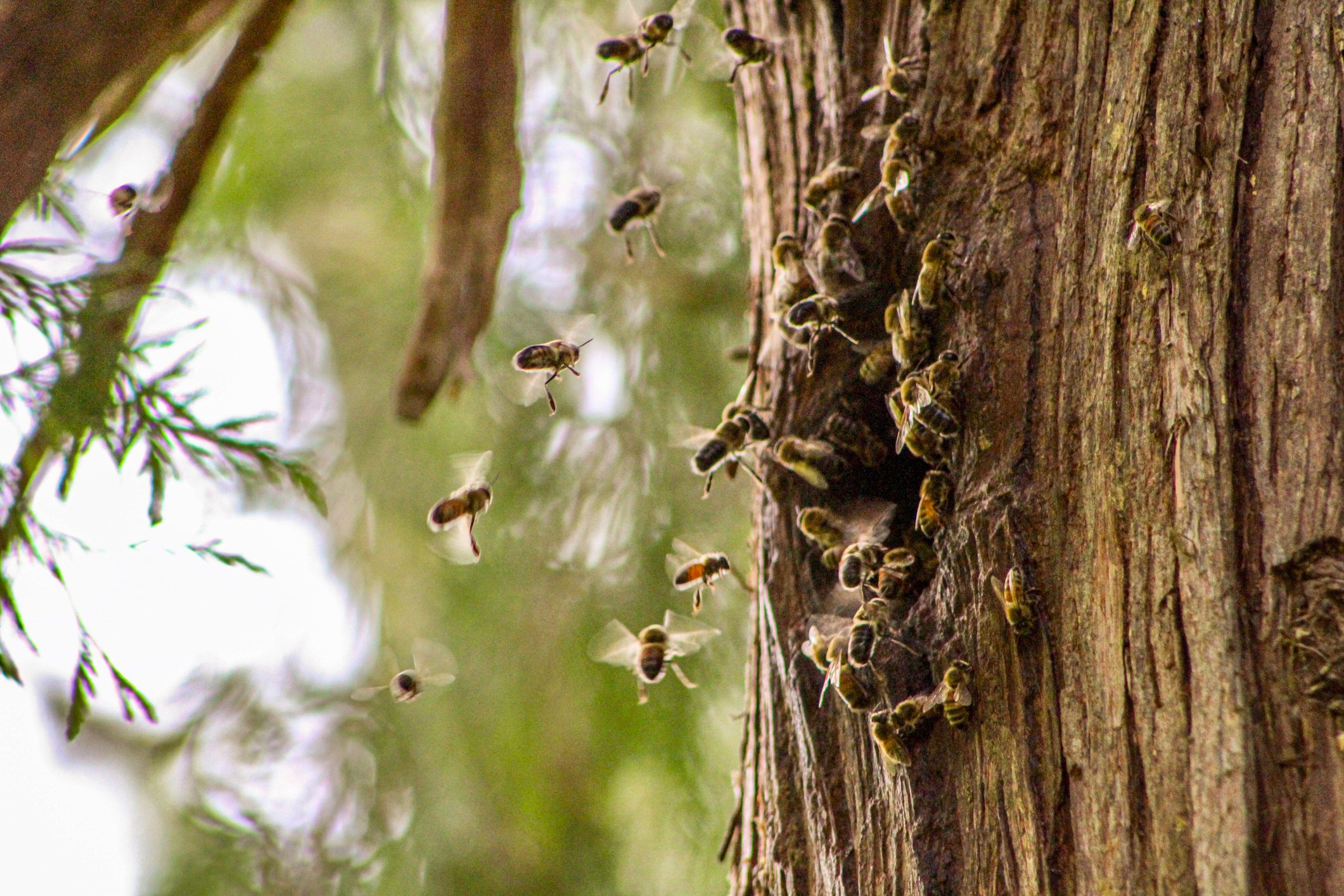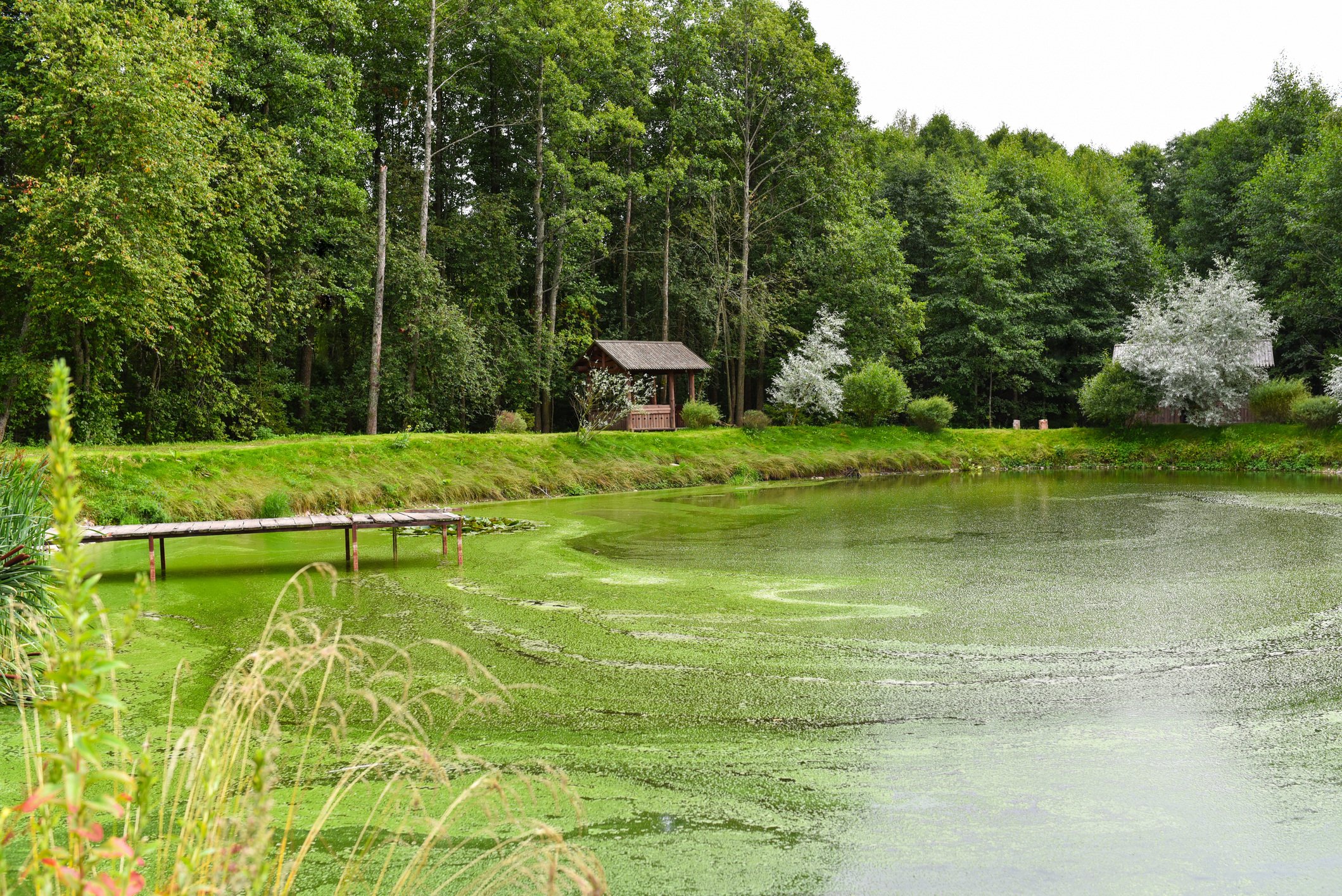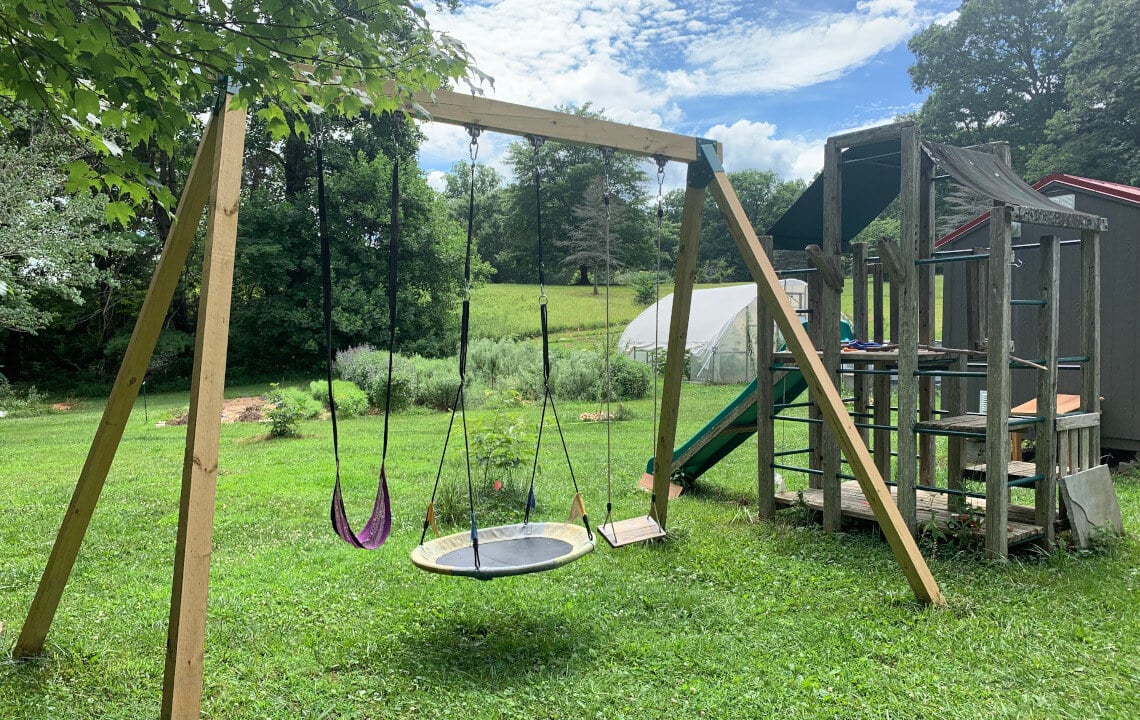We take a look at 7 ideal places to find the right farmer to guide you as you pursue your dream of owning your own farm.
This article was originally published on November 23, 2015, and fully updated on October 12, 2022.
In case you haven’t noticed, farming is hot right now.
Thanks to the pandemic inspiring folks to get back to their roots, the next generation of families, college graduates, and MBAs are abandoning the once iconic corporate America/suburban lifestyle in favor of investing in land.
Specifically, land to farm.
Whether you desire a complete or semi-self-sufficient homestead, wish to improve your health and reduce stress by hobby farming, or plan to go all-out and start up your own farm, one big question remains: How do you get started?
Unless you have a background in farming, happened to study agriculture or horticulture in college, have hours to spend on YouTube, or have the time, money, and resources to go back to school, you’re going to need some hands-on training and experience.
So, where does an aspiring farmer with career commitments, little to no farming experience, a mortgage and a family to support turn?
You turn to a farming mentor.
In this article, we'll show you seven brilliant places to find one.
Why work with a mentor when you could just study online?
There are lots of different ways to learn about farming without leaving the comfort of your home. Online courses, how-to books, webinars and podcasts are wonderful places to start. You can even sign up for a weekend organic gardening class and learn a ton.
But, if you’re serious about farming, be it vegetables, herbs, non-timber forest products or animal husbandry, you’ll need the hands-on experience, knowledge and wisdom you can only get from a seasoned mentor.
Vickey Russell, the sustainable grass-farming shepherd we featured in a previous post had this to say about her mentors:
“There’s a lot of information on that ‘Mr. Google.’ That’s the thing, there’s a lot of written information…but a mentor is worth a million dollars. Someone experienced who will actually tell you the truth because they’re not worried about competition. You just won’t find anything like that on Google.”
And she’s right.
Any successful farmer will tell you they owe their LIVES to the other farmers who helped teach, mentor and guide them throughout their careers.
That said, are you ready to take a giant leap toward your dreams? Here are five tried-and-true places to find your farming mentor right now.
#1: The Young Farmers Coalition (YoungFarmers.org)
You’d be hard-pressed to find a richer source of training, financial information, farm culture, community, and free how-to guides for new farmers than The Young Farmers Coalition.
The coalition specifically supports independent family farms, sustainable farming practices, affordable land for farmers, fair labor practices, farmer-to-farmer training and more.
Their training resources include land link programs, online training, events, networking groups, seminars…everything you need to begin your farming journey, organized by region and state.
#2: ATTRA (www.attra.org)
The National Sustainable Agriculture Information Service known as the “ATTRA Program” was developed by the National Center for Appropriate Technology, and is funded by the USDA’s Rural-Business Cooperative Service.
ATTRA’s site offers a WEALTH of free information for new farmers interested in going the sustainable route, AND they list current apprenticeship opportunities here. Click on your state for instant access to a variety of local mentorship programs.
#3: Your Local Extension Office
Before you spend a lot of time researching online, why not hop in the car and take a trip to your local extension office?
These government-run facilities have ties with local farmers, colleges and universities, and can offer valuable information on training and mentorship programs right in your own backyard.
To learn more about how your local extension office can help you learn to farm (and how to find the one nearest you), check out this post by Gardening Know How.
#4: Beginning Farmers (www.beginningfarmers.org)
Beginning Farmers offers information on how to start a farm, plan a new farm, funding and grant resources, and finding the right land.
From chickens to produce, sustainable to conventional farming, if it has to do with starting a farm you’ll find what you are looking for here.
They also update their internships and job postings regularly, and offer beginner farming trainings specifically for military veterans.
As you begin your back-to-the-land journey this will quickly become one of your favorite sites.
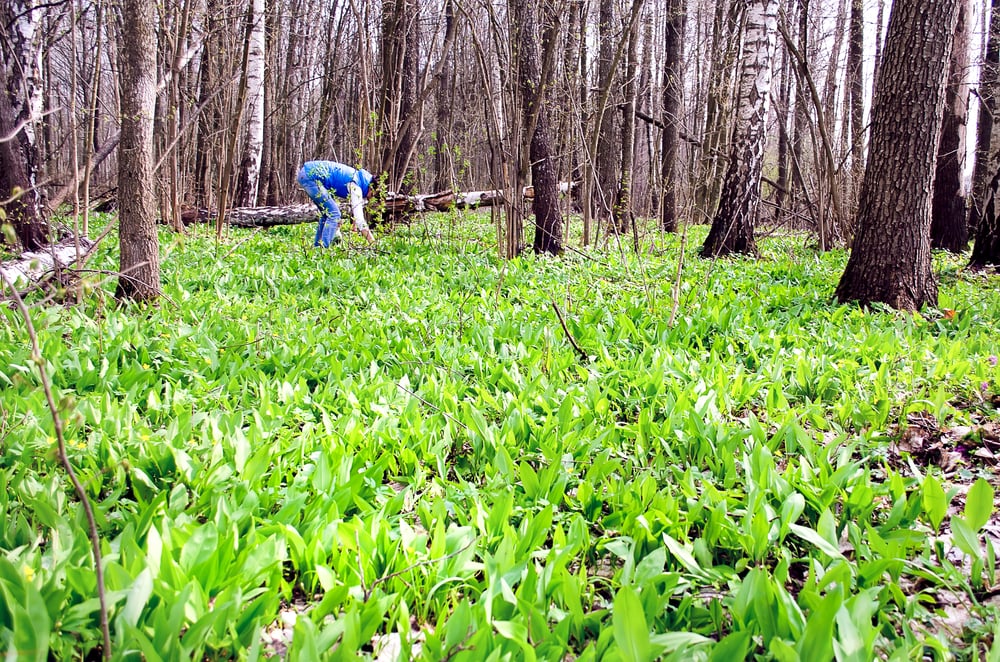
#5: Appalachian Beginning Forest Farmers Coalition
Non-Timber Forest Products (NTFP) are growing in popularity. This method of growing under a canopy, allows farmers to produce things like mushrooms, medicinal herbs, pine straw, and other forest products beyond trees.
In this space, access to specific agricultural information to get started can be tough to find. However, the Appalachian Beginning Forest Farmers Coalition provides a perfect starting point.
The coalition offers its members forest farming education and will connect you to a specialized mentor in this field to help speed your journey. And membership is free so there is no risk to signing up.
If you are still in the exploratory phase of considering NTFP for your land, this article gives a thorough overview of the potential.
#6: USDA and score
The USDA has multiple resources to support beginning farmers.
These resources (found here) range from building a business plan, to access to land support, government loans and many more.
In addition, the USDA has partnered with SCORE to connect you with one-on-one business support to farmers through farmer-to-farmer mentorship, access to workshops and many other online resources.
#7: Trade Magazines and Popular Books on Farming
The articles and information you find in print publications can help you understand the theories behind farming. Plus, they’re chock-full of potential mentors.
Read through the articles in your favorite farming magazines or see what books are trending on Amazon. Then look up the book authors or experts interviewed in articles and find out if they offer mentoring or apprenticeship programs.
Joel Salatin, for example, made famous for his sustainable farming practices by Michael Pollan’s best-seller, The Omnivore’s Dilemma and the documentary film, “Food, Inc.” still offers on-site apprenticeship programs at his Polyface Farm in Virginia.
Don’t presume because someone has “made it big” and become an author, speaker or sought-after expert that they are above sharing their knowledge with beginners. Even the greats had to start somewhere.
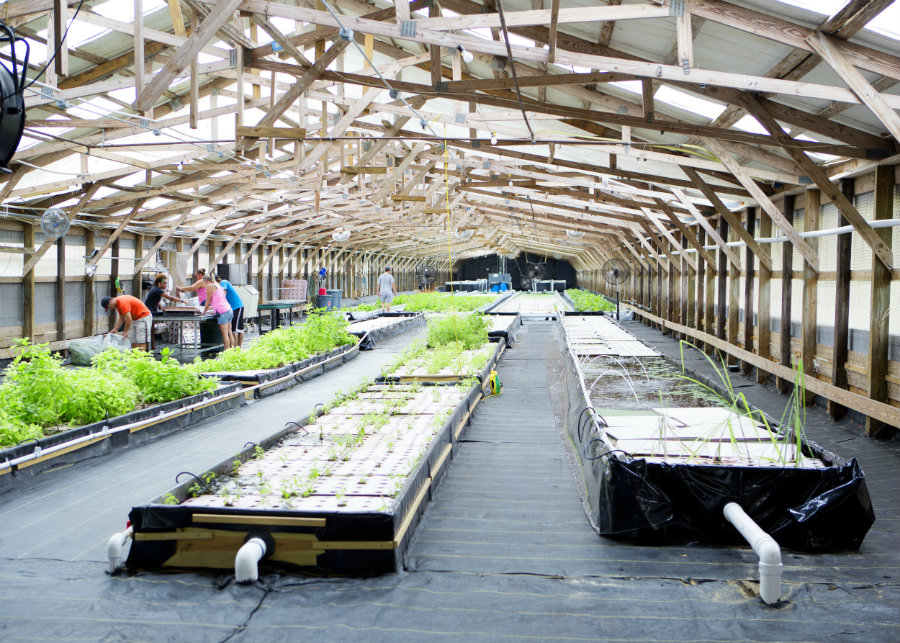 Apprentices at Traders Hill Farm work in an aquaponics greenhouse. By the time they complete their rotation, they will have experience in every area of work on the farm.
Apprentices at Traders Hill Farm work in an aquaponics greenhouse. By the time they complete their rotation, they will have experience in every area of work on the farm.If you’re interested in starting a family farm on your land for fun or for profit, there couldn’t be a better time to dive in.
Eating and buying local is hot right now, organics have become a multi-billion dollar industry and consumers are increasingly concerned about where their food comes from and how it is grown.
There is a whole country of experienced commercial farmers, family farmers, hobby farmers and homesteaders out there who would LOVE to share their knowledge with you and see you succeed.
And don’t be scared off by the term “apprenticeship” if you still have a day job.
Though some farms prefer or require apprentices to stay on for an entire season or longer, many offer weekend classes and volunteer opportunities, and are also willing to work out flexible mentoring programs for individuals committed to furthering their craft.
Traders Hill Farm, a Northeast Florida aquaponics farm we featured in a previous post, is one example of a farm that offers several programs for adult, high school and college-aged apprentices and volunteers.
Like Vickey said, “a mentor is worth a million dollars.” I’ve given you the tools, now go out there and find one!
If you're ready to start searching for the land to build your dream farm on, take a look at the available land on the Raydient Places + Properties website. The company features rural acreage for sale throughout the South, including in Florida, Georgia and Texas.

